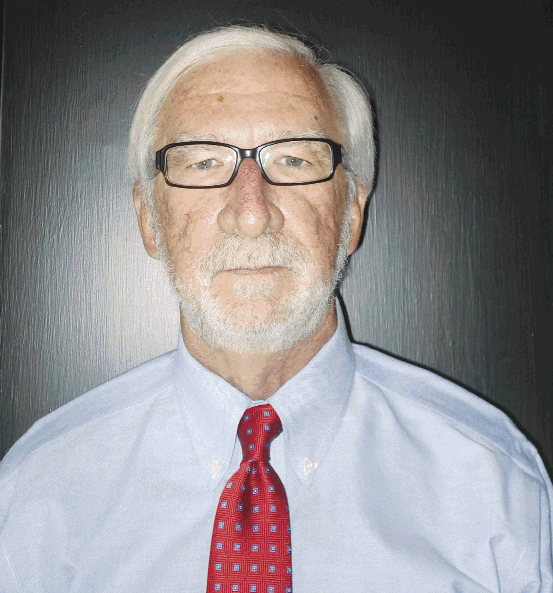
Several columns ago, I wrote about replacing non-performers with competitive, overachieving, goal-oriented, money motivated individuals. Just as important as hiring the right person, dealers and sales managers interested in improving the overall performance of their sales department would be wise to scrutinize certain individuals whose potential for long-term success has proven to be somewhat problematic.
Individuals to judiciously scrutinize before hiring would include farmers, those with previous dealership- experience, those whose most recent experience was with an equipment manufacturer, and finally, those who graduated with a 4-year degree from a land-grant institution.
The first person to seriously scrutinize as a potential field marketer is an individual with a farming background. Intuitively, one would think that an individual with the experience to "talk the talk" with the customer base would be a strong candidate for a sales position. Unfortunately, the vast majority of farmers who have transitioned into equipment sales have not been as successful as one would have envisioned. This is primarily due to a propensity to sympathize, rather than empathize, with their kindred brethren. Thinking with their heart rather than their brain, will inevitably result in low gross margins for the dealership.
The next individual that requires additional scrutiny when hiring a new salesperson is one that is coming from another dealership. There is a reason why that employee is leaving that dealership and, in most cases, that reason is not good.
Employees from other dealerships generally bring with them the "baggage" they had at their previous employer. This baggage may include a "lone ranger" mentality, an inability to take direction or an inability to execute.
The last thing that a dealership that is trying to establish a healthy sales department climate and a positive dealership culture needs is a "prima donna" salesperson that is unwilling to collaboratively work with other team members. While internal competition should be encouraged, collaboration should replace conflict.
Similarly, an employee who was previously unwilling to devise a call schedule, or complete a call report, or finalize a lost sales report, or make X number of on-site calls per week, or did not make follow-up calls on machine deliveries, or refused to complete comprehensive customer profiles on all prospects within his assigned territory will likely find similar requests by his new employer equally anathema to his idea of successful salesmanship.
Likewise, a sales person with previous dealership experience who was unable to close sales, or meet sales quotas, or generate an above average gross margin will almost always provide the same dismal results to his/her new employer. Rather than looking upon previous experience as a panacea, the dealership may be better off hiring an inexperienced salesperson that has all the characteristics outlined in the first sentence of this article.
Another potential sales employee that should be seriously scrutinized is one whose previous sales experience was with a manufacturer. This generalization rests on two premises. First, these individuals are bureaucrats by nature. They lack the entrepreneurial drive necessary to be their own boss. They are much more comfortable participating in meetings and discussing esoteric concepts than in executing a day-to-day sales plan.
Similarly, most potential sales employees who transition to a dealership from a manufacturer will find a huge chasm exists between wholesaling a product with unlimited discretionary monies, and retailing a product to price conscious end-users. Loading up a dealer with product is a far cry from providing value at a fair price to the customer. On the other hand, every manufacturer sales representative should be required to work as a sales person in a dealership. Maybe then, the individuals who run these companies and see nothing wrong with loading dealer inventories would have a greater appreciation for the retail side of the business.
Finally, a recent graduate of a land grant institution who has been indoctrinated by professors who have never worked in the "real world" should be carefully interviewed and evaluated for any available sales position. Rather than looking at a graduate from a land-grant institution, one may be better off looking at a graduate of a smaller, liberal arts college, where pragmatism is stressed over idealism, and where hard work is emphasized over exaggerated starting salaries.
Please note that the above are a series of vignettes based on a cursory set of generalizations. This is not to say that a farmer will never make a "great salesperson" or that one with previous dealership experience will fail every time. Rather, it is saying that while success is possible, failure is more likely. Looking at the odds, one may be better off starting with a clean slate.
Back to September 2011 Issue Homepage






Post a comment
Report Abusive Comment